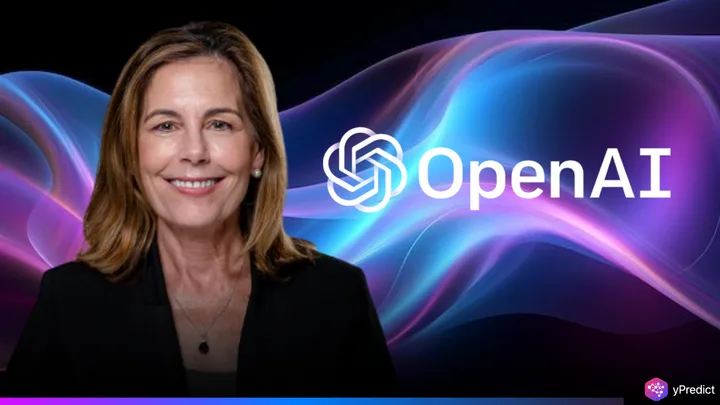
Delaware Attorney General Kathy Jennings is preparing to hire an investment bank to review OpenAI’s restructuring plans. The move comes as OpenAI, the creator of ChatGPT, seeks approval to shift its for-profit division into a public benefit corporation. The restructuring is designed to raise funds and potentially pave the way for a future public offering.
Jennings wants to ensure OpenAI’s nonprofit parent gets a fair deal as it relinquishes some control. Her office will examine the value of OpenAI’s assets and equity before signing off. This step adds another layer of scrutiny as regulators question whether OpenAI’s new model still prioritizes its founding mission: building AI that benefits humanity.
Independent Review Aims to Protect Mission and Stakeholders
OpenAI, valued at $300 billion, plans to convert its for-profit arm into a public benefit corporation. This model would still operate under the control of its nonprofit parent. The aim is to attract more funding while preserving its mission. To evaluate the fairness of the conversion, Delaware’s attorney general will bring in an outside bank.
The bank will conduct an independent valuation of the nonprofit’s equity stake in the new setup. This process ensures OpenAI’s nonprofit isn’t shortchanged as investor interest grows. A person close to the review said, “They want to make sure it’s not just a handover to investors. The public interest still matters.” The review is part of a larger regulatory effort involving both Delaware and California officials. Each office has the power to approve or block the plan.
Investor Pressure, Legal Risks, and Microsoft Tensions
OpenAI’s new structure is meant to unlock major funding opportunities. But getting there has proved tricky. Existing investors want bigger stakes, and OpenAI needs to meet tight legal standards. One major challenge is Microsoft, OpenAI’s largest partner. Reports say Microsoft wants more equity in the new corporation. It also holds influence that could delay or block the restructuring altogether. Adding urgency, OpenAI must finalize the plan by year-end to secure up to $20 billion from SoftBank. That money is needed to fund costly expansion plans.
These include launching 100 million AI companion devices and expanding global data centers under its Stargate project. Complicating matters further is a lawsuit from co-founder Elon Musk. He claims OpenAI’s shift, especially its partnership with Microsoft, threatens fair competition. A trial is set for March in Oakland, California. Amid all this, OpenAI must also clarify how current investors’ “profit participation units” will convert to future equity. Many potential backers remain wary of jumping in without knowing what share they’ll actually get.
Can OpenAI’s Vision Survive Corporate Pressure?
The path ahead for OpenAI remains uncertain. Regulatory reviews, investor demands, and legal threats are all pressing in at once. OpenAI says its restructuring protects the nonprofit’s control while allowing the company to grow. But that vision is being tested in courtrooms and boardrooms.
At its core, the debate raises an important question: Can a company balance ethical goals with big-money investment? Jennings’ move in Delaware signals growing concern about how that balance is managed. As AI becomes more powerful and profitable, the need for fair oversight only grows. OpenAI’s next steps could set the tone for future AI governance.







1 thought on “Delaware AG to Probe OpenAI Over $300B Restructuring Plan”